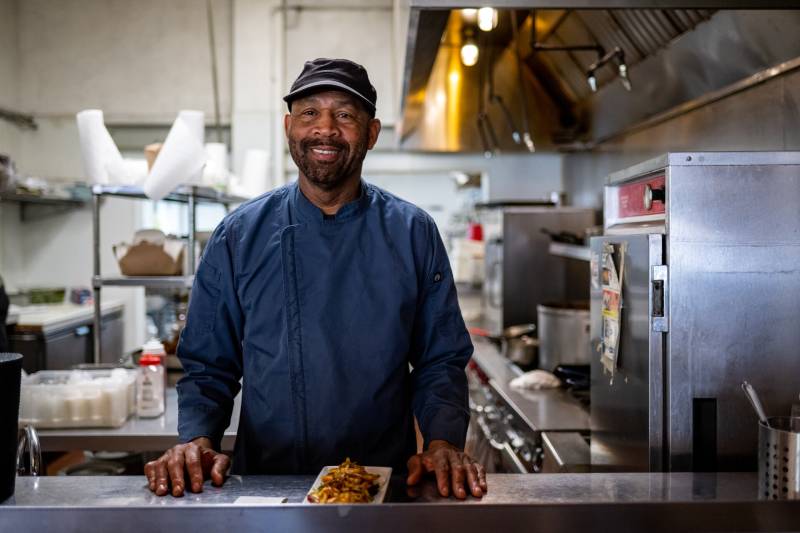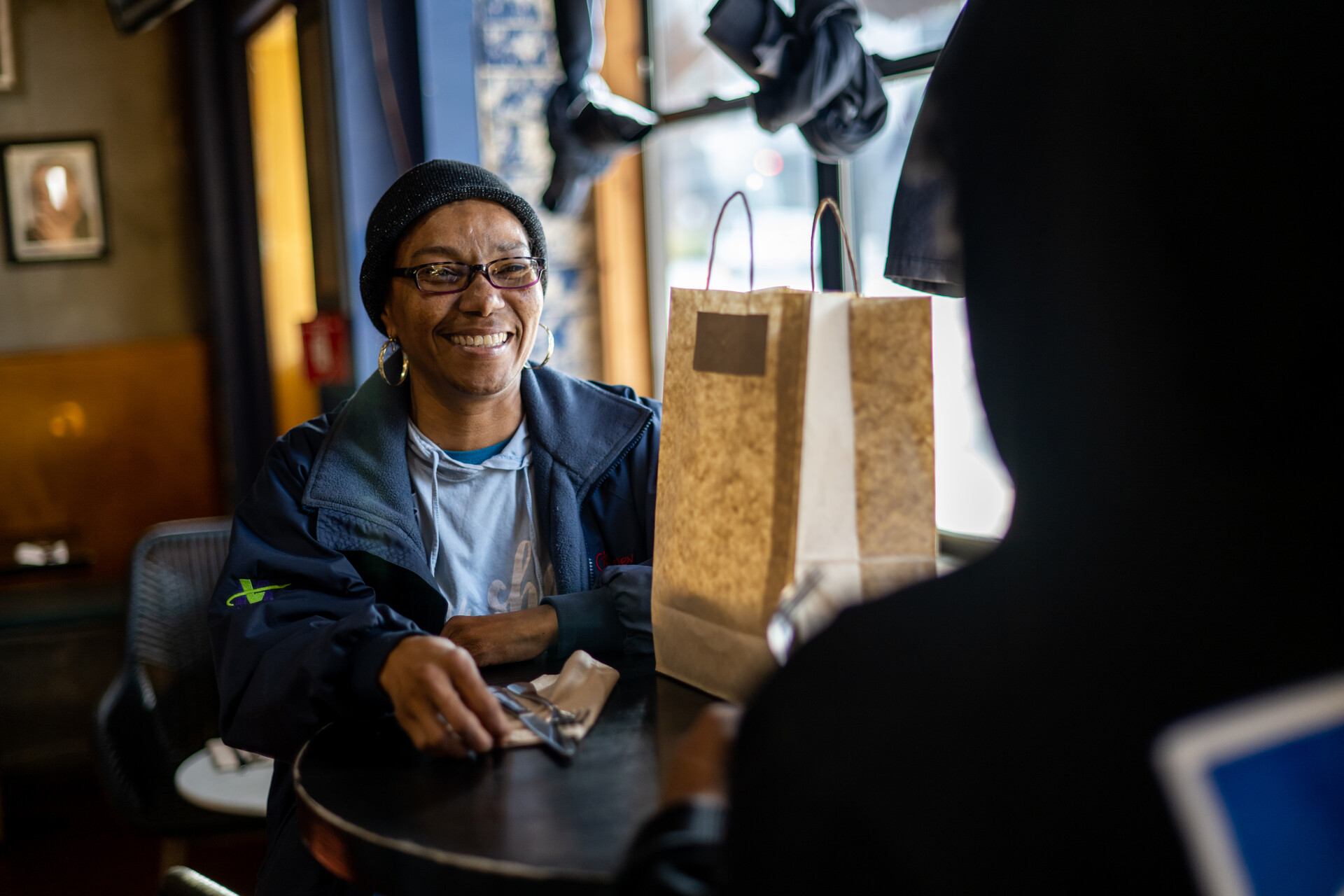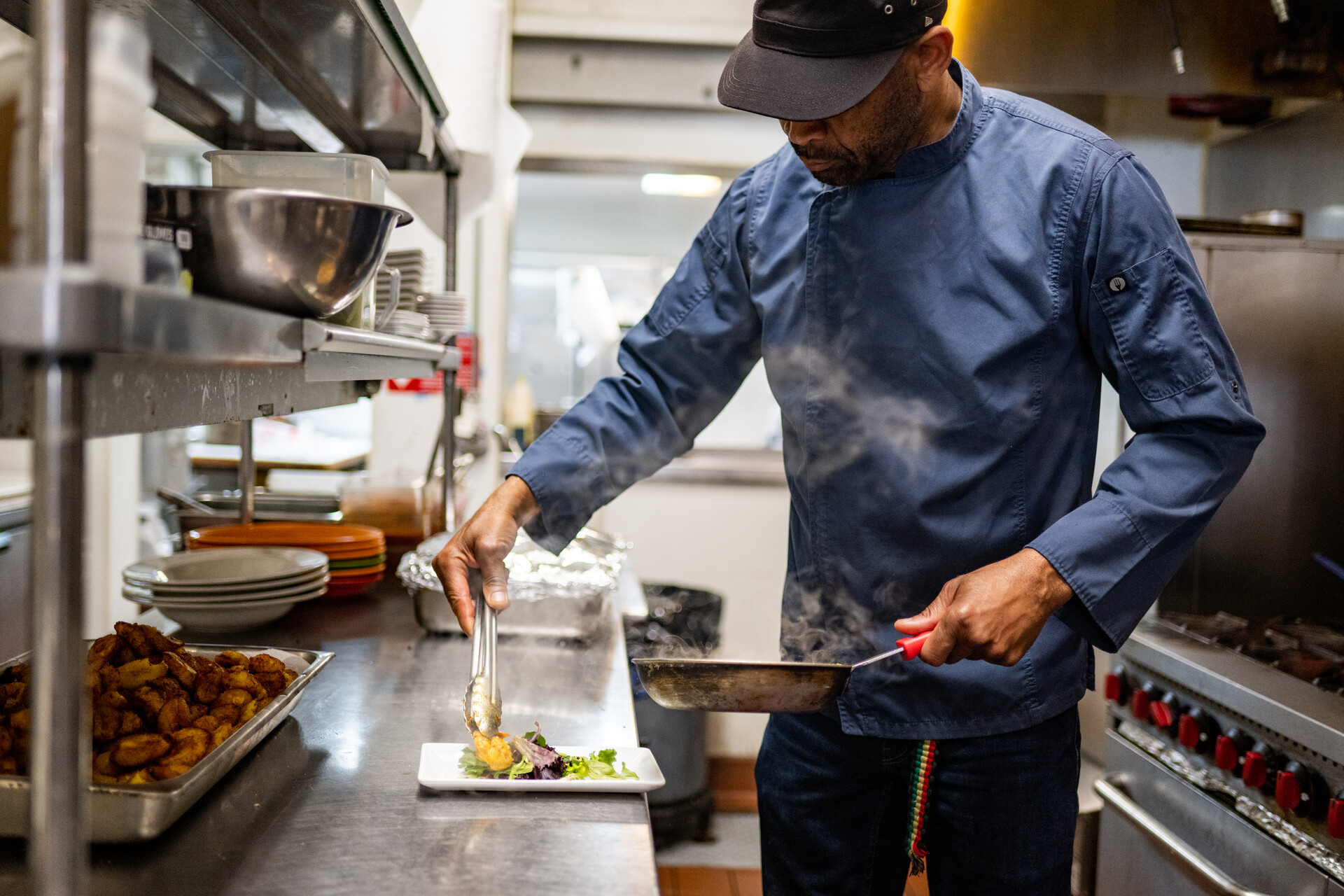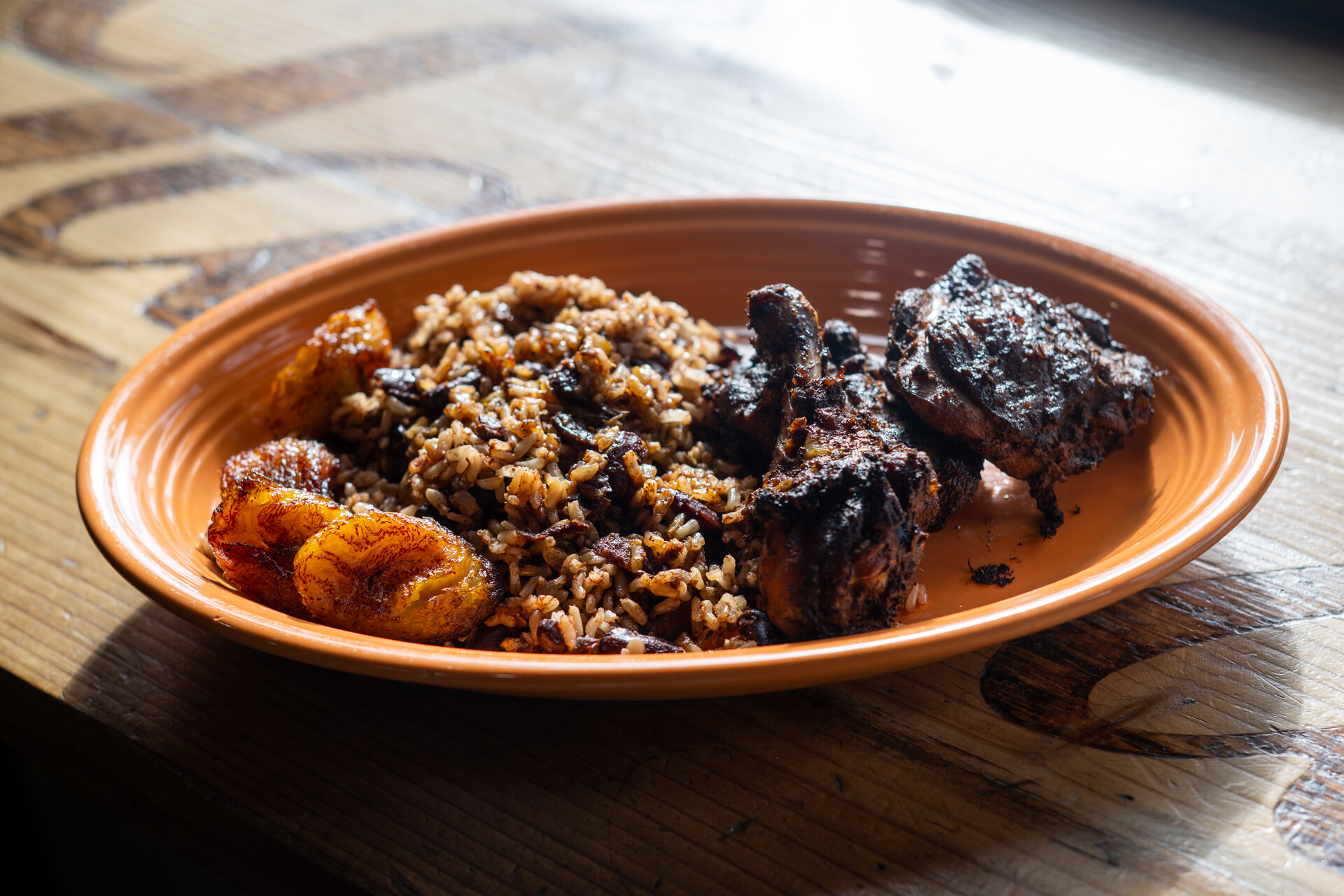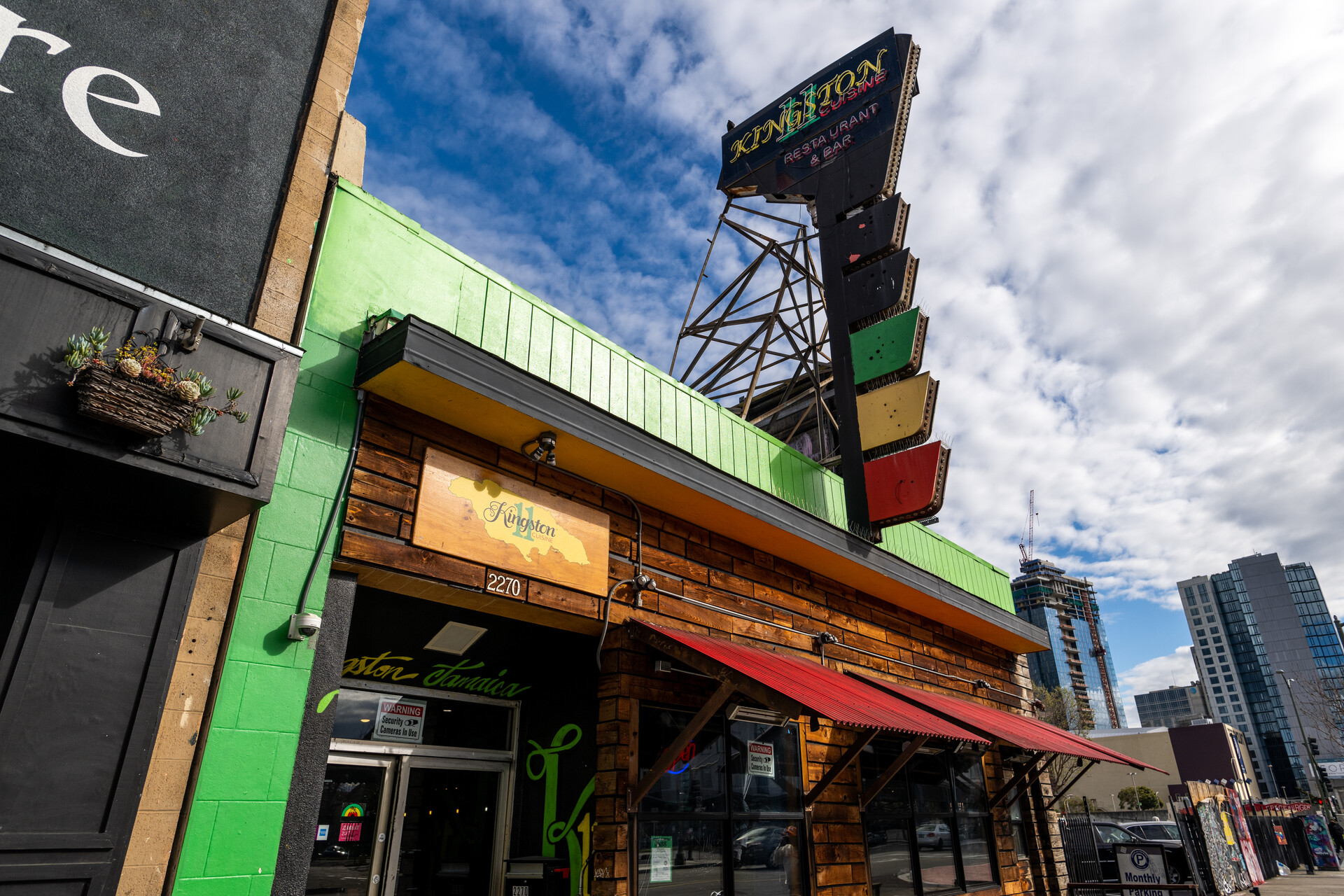For 10 years now, the Jamaican oxtail stew at Oakland’s Kingston 11 has been one of my go-to comfort meals — a dish whose soupy, tenderly slow-braised succulence I could always rely on to pick me up on the dreariest of days. During that timespan, the restaurant itself has been an anchor at the corner of the Telegraph and West Grand, even as the surrounding neighborhood has undergone so much change. And it has been a vibrant gathering place, from day one, for Oakland’s Black and brown communities.
“At a certain point, it starts to feel like a cliché to talk about the diversity of Oakland’s dining scene and how much more ‘real’ its restaurants are compared to those in other cities,” I wrote when I reviewed the restaurant a few months after it opened in 2013. “But at Kingston 11, where people of color make up the majority of both the staff and the customers, and the crowd is a reasonable facsimile of Oakland itself, the point rings true.”
It was a gut punch, then, when chef-owner Nigel Jones announced last week the Jamaican standby’s last day of service as a dine-in restaurant will be Saturday, March 25. The business and brand won’t cease to exist altogether: Its most popular dishes, like those oxtails and the wonderfully smoky jerk chicken, will still be available at its more casual sister restaurant and marketplace, Calabash, which opened in December. And Jones will keep the Kingston 11 space itself as a home base for the restaurant’s catering operations.
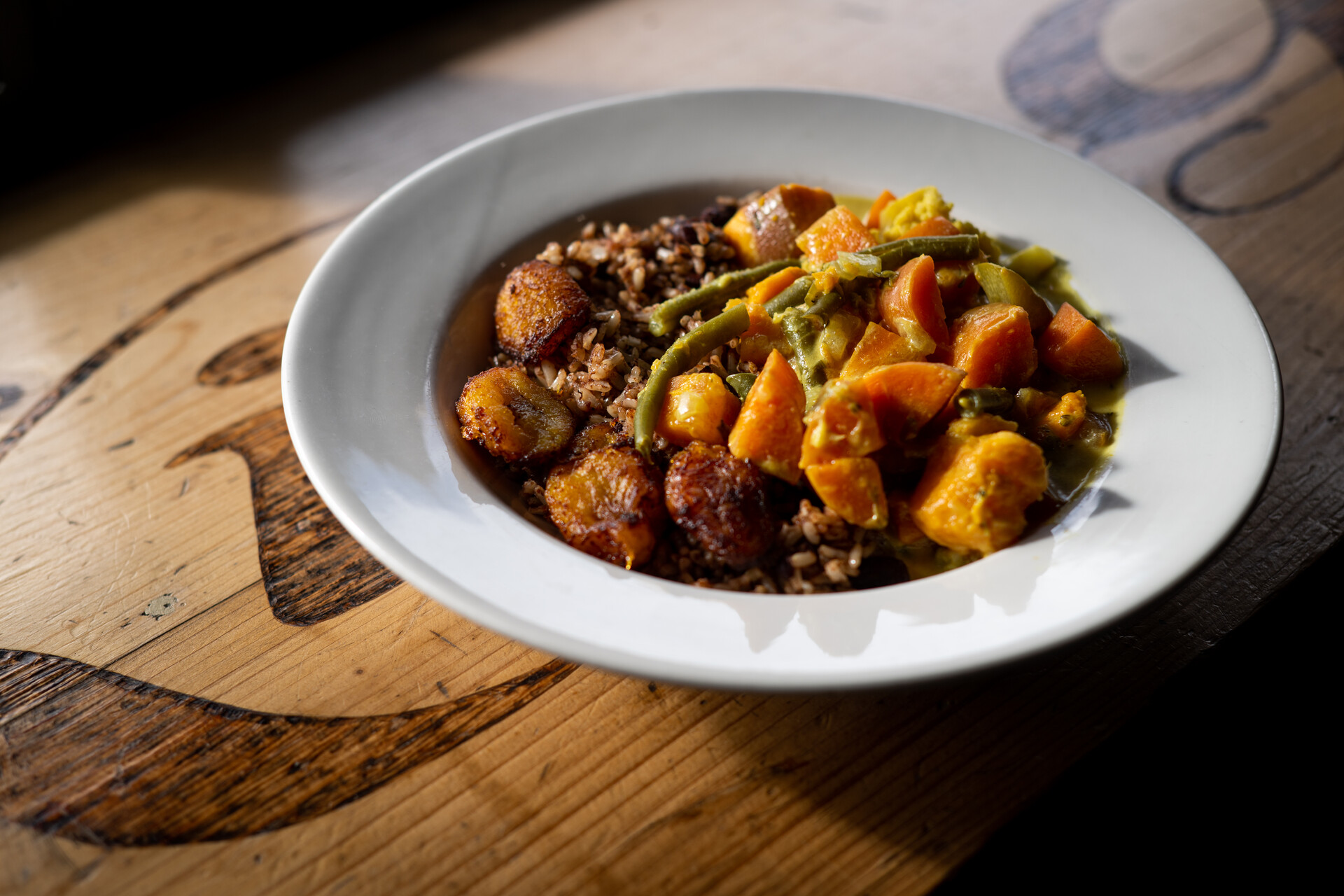
But for the foreseeable future, diners will no longer be able to come in and sit down for a meal — a huge loss for a city that has already experienced the loss of so many Black-centered spaces. Miss Ollie’s, the beloved Afro-Caribbean spot, closed this past year. So did Brown Sugar Kitchen.
When reached by phone, Jones told me that he has been keenly aware of that loss. In the week since he first announced the news, a steady stream of longtime customers has reached out to him to express their grief — to lament yet another Black-owned restaurant in Oakland going under.
